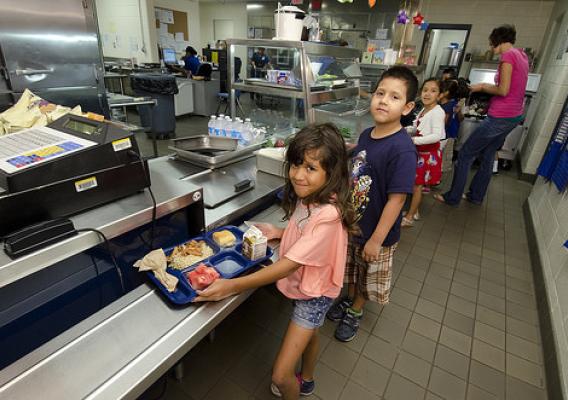Throughout August, we will be sharing stories and resources on the importance of a healthy start for our children and families.
The following guest blog highlights the important work of our partner the American Academy of Pediatrics. The association is dedicated to the health and well-being of infants, children, adolescents and young adults. In honor of National Women, Infants, and Children (WIC) Program Breastfeeding Week, Dr. Joan Younger Meek discusses the benefits of breastfeeding and the role WIC plays in supporting mothers and newborns.
By Joan Younger Meek, MD, MS, RD, IBCLC, FAAP, Chair, American Academy of Pediatrics Section on Breastfeeding
Breastfeeding is the most beneficial way a mother can nourish her baby. Breastfed infants have reduced risk of infections, asthma, obesity, diabetes, certain childhood cancers, and SIDS, compared with formula fed infants. In addition to its nutritional benefits, breastfeeding supports the baby’s developing immune system and helps to protect against respiratory and intestinal infections. This is especially important for babies born prematurely. Breastfeeding may be linked to lower obesity rates in adolescence and adulthood. And the benefits extend to mothers as well—breastfeeding moms have a reduced risk of breast cancer, ovarian cancer, heart disease, and postpartum depression compared to mothers who don't breastfeed. These are just some of the reasons why the American Academy of Pediatrics (AAP) recommends mothers exclusively breastfeed for about the first six months, and to continue doing so as other foods are introduced, for 1 year or longer as mutually desired by mother and infant.









